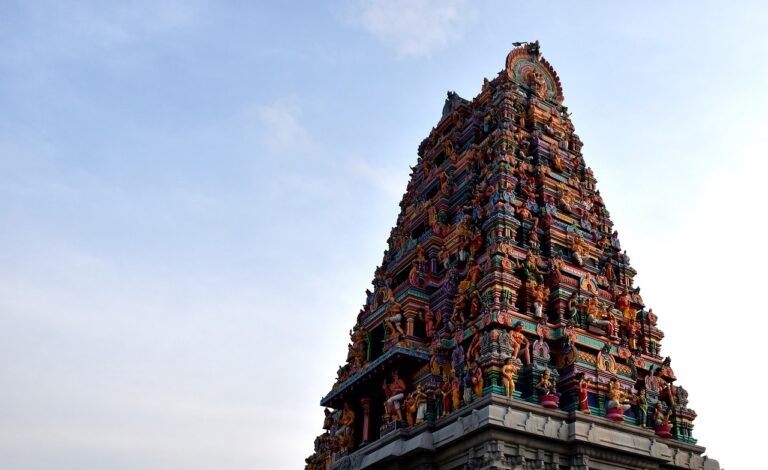Election Campaigning and the Role of Political Action Committees
Political Action Committees (PACs) have been a significant feature of American politics since the 1940s when they first emerged onto the political scene. Initially, PACs were primarily formed by labor unions and corporations to financially support political candidates who aligned with their interests. Over time, the influence of PACs in elections grew substantially, leading to changes in campaign financing laws to regulate their activities.
The landmark Supreme Court case, Buckley v. Valeo in 1976, played a crucial role in shaping the evolution of PACs. The ruling established the legal framework for PACs and paved the way for the creation of Super PACs, which can raise and spend unlimited amounts of money to support or oppose political candidates. This decision significantly impacted the landscape of campaign finance in the United States, allowing PACs to wield substantial influence over elections.
The Influence of Money in Election Campaigns
In the landscape of election campaigns, the influence of money cannot be underestimated. With the rising costs of running for office, candidates often rely on financial contributions to fund their campaigns. The influx of money from various sources can shape the outcome of elections, influencing public opinion and political decisions.
Money plays a pivotal role in election campaigns by funding advertising, hiring staff, and organizing events to promote candidates. Furthermore, financial contributions from political action committees (PACs) and wealthy donors can sway politicians to adopt certain policies or prioritize specific issues, potentially compromising the democratic process.
• Money is essential for funding advertising, hiring staff, and organizing events to promote candidates in election campaigns.
• Financial contributions from political action committees (PACs) and wealthy donors can influence politicians to adopt certain policies or prioritize specific issues.
• The influx of money in election campaigns can potentially compromise the democratic process by giving undue influence to those with financial resources.
How Political Action Committees Operate
Political Action Committees (PACs) operate by collecting funds from individuals, corporations, and unions to financially support political candidates or causes. These funds are then strategically dispersed to influence election outcomes or legislation. PACs can support candidates through independent expenditures or by contributing directly to their campaigns, depending on campaign finance laws.
Furthermore, PACs are required to disclose their donors and expenses to the Federal Election Commission, providing transparency about their financial activities. This transparency allows the public to understand the financial backing behind political candidates and the interests that may be influencing their decisions. Additionally, PACs can advocate for specific policies or issues by funding advertisements or other promotional activities to sway public opinion and legislative outcomes.
What is the purpose of Political Action Committees (PACs)?
PACs are formed to raise and spend money to elect or defeat political candidates. They serve as a way for groups or individuals to pool their resources and make a greater impact in the political process.
How do PACs raise funds?
PACs raise funds through donations from individuals, corporations, labor unions, and other organizations. These funds are then used to support candidates who align with the PAC’s interests.
Are there limits on how much money PACs can contribute to candidates?
Yes, PACs are subject to federal contribution limits, which are set by the Federal Election Commission. These limits vary depending on the type of election and the type of PAC.
Can PACs coordinate their activities with political candidates?
No, PACs are not allowed to coordinate their activities with political candidates or their campaigns. This is to prevent any potential for corruption or undue influence.
How are PACs regulated?
PACs are regulated by the Federal Election Commission (FEC), which enforces campaign finance laws and disclosure requirements. PACs are required to report their contributions and expenditures to the FEC on a regular basis.
Can individuals start their own PAC?
Yes, individuals can start their own PAC as long as they comply with FEC regulations. This includes registering with the FEC, reporting all contributions and expenditures, and adhering to contribution limits.







